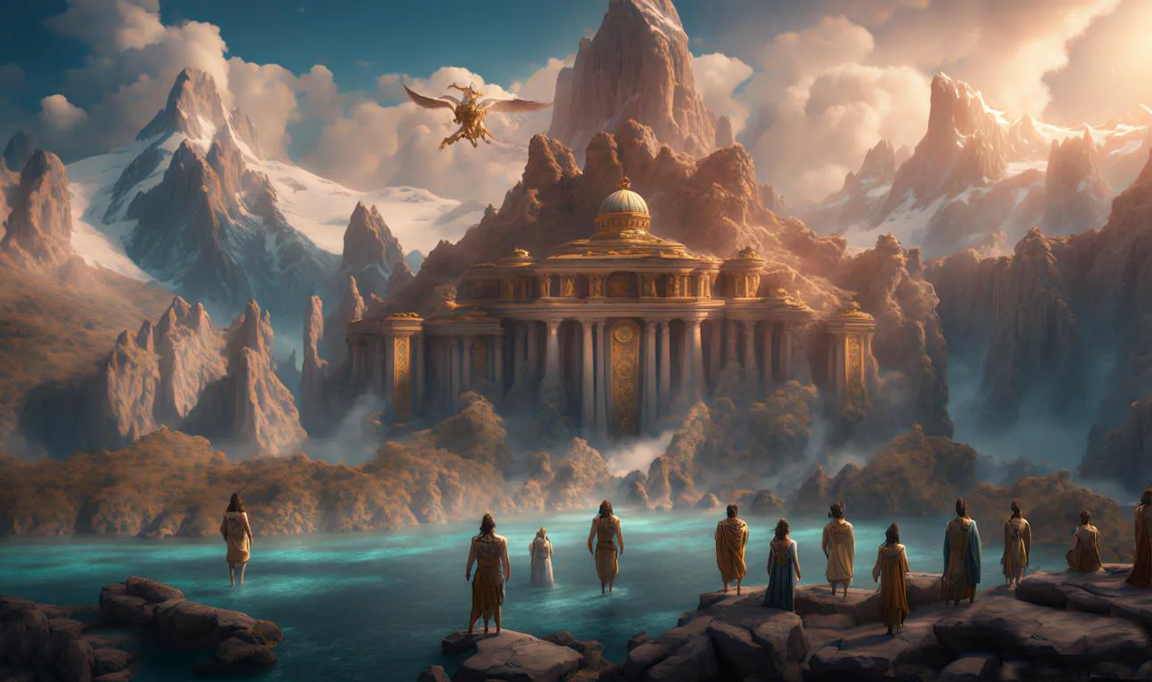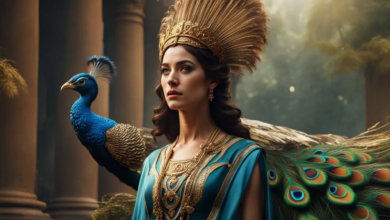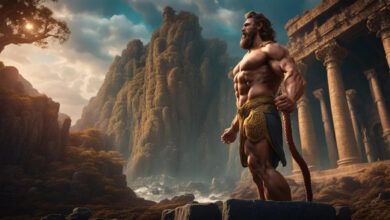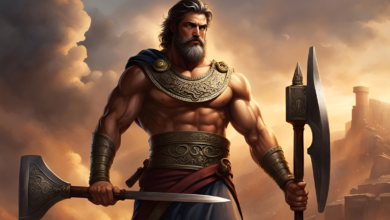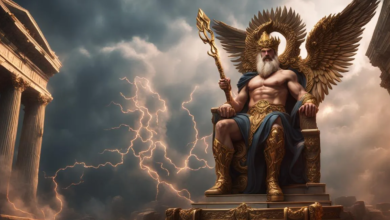The Titans, in Greek mythology, are often depicted as the primordial forces of nature and the original gods who ruled the cosmos before the Olympians. The Titans were the children of Uranus (the sky) and Gaia (the earth), embodying the raw, chaotic elements of the world. Their reign is a critical chapter in the mythological narrative, setting the stage for the rise of Zeus and the Olympian gods.
The Titans were a large family, but the most well-known among them were the twelve children of Uranus and Gaia. These included Oceanus, Tethys, Hyperion, Theia, Coeus, Phoebe, Cronus, Rhea, Mnemosyne, Themis, Crius, and Iapetus. Each Titan ruled over a different aspect of the natural world or human condition, such as the ocean, the sun, memory, and law.
Cronus, the youngest of the Titans, became the most prominent because of his role in the overthrow of Uranus. Uranus, fearing a prophecy that he would be dethroned by his children, imprisoned them within Gaia. Gaia, in her pain and anger, crafted a great sickle and asked her children to use it against their father. Cronus was the only one brave enough to take up this challenge, and he used the sickle to castrate Uranus, ending his rule and setting himself up as the king of the Titans.
Cronus’s reign was marked by fear of the same prophecy that led him to overthrow his father. He swallowed each of his children by Rhea as soon as they were born to prevent any of them from dethroning him. However, Rhea, unable to bear the loss of all her children, tricked Cronus into swallowing a stone instead of her youngest son, Zeus. Zeus was raised in secret and eventually challenged Cronus, leading to the Titanomachy, a cataclysmic war between the Titans, led by Cronus, and the Olympians, led by Zeus.
The Titanomachy ended with the victory of the Olympians. Many of the Titans were imprisoned in Tartarus, a deep abyss used as a dungeon of torment and suffering. However, not all Titans were considered enemies of the Olympian gods. Some, like Themis and Mnemosyne, were eventually integrated into the new pantheon, serving alongside the Olympians and even bearing children who became Olympian deities.
The mythology of the Titans reflects the Greeks’ understanding of their world and the forces at play within it. The Titans represented the untamed aspects of nature, which were eventually controlled and ordered by the Olympian gods, mirroring the transition from chaos to order believed to have shaped the cosmos. Their stories are a testament to the power of fate, the inevitability of change, and the cyclical nature of power and rebellion.
The narrative of the Titans also underscores the complexity of Greek mythology, where gods could be both benevolent and vengeful, and where the lines between right and wrong were often blurred. The Titans, though overthrown, remained an integral part of the mythological landscape, embodying the primal, enduring aspects of the world that even the Olympian gods could not ignore.

